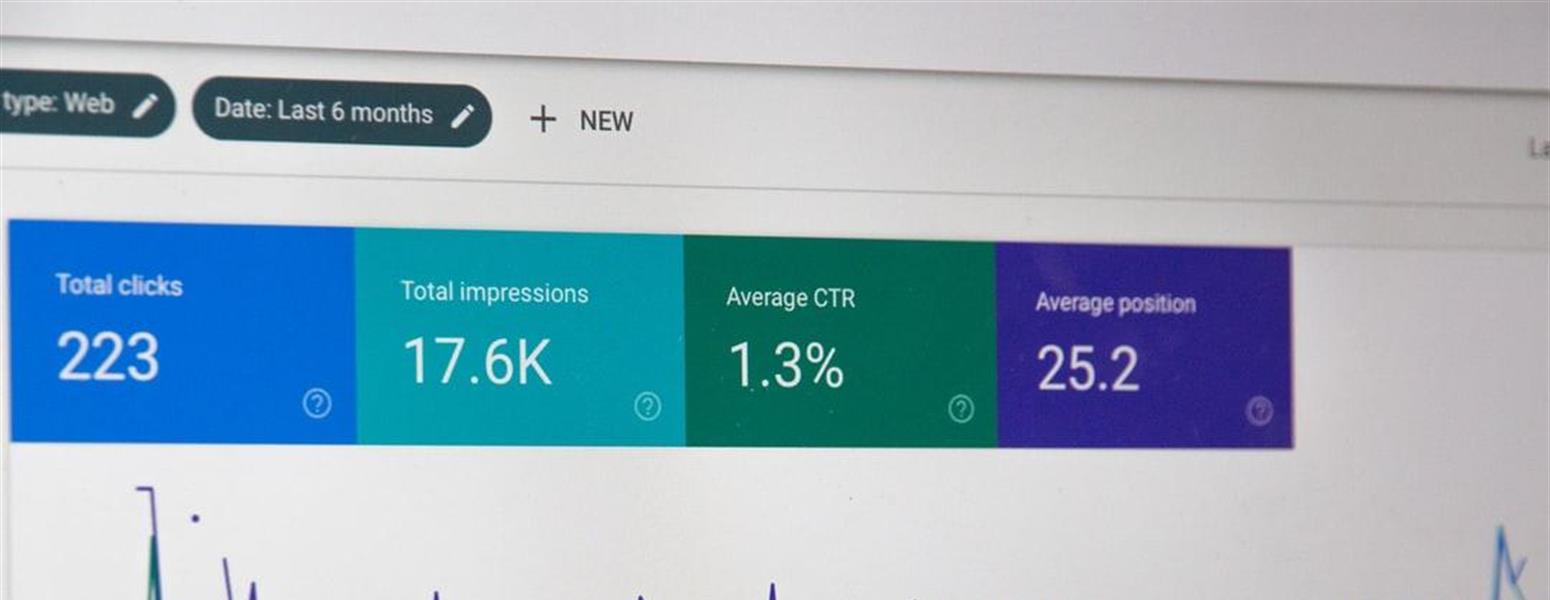Law firm SEO is a proven digital marketing tactic that can help your firm appear on top of search engine result pages (SERPs) when potential clients search for your services. Improving your law firm’s SEO is a great way to get organic traffic you can then convert to leads and clients.
Here’s a simple way to understand search engine optimization (SEO). Google and other search engines use several factors to determine which webpages will appear as the top results when users enter a search query. Search engine optimization is about implementing those strategies on your website to greatly improve its chances of appearing as number one on search results pages.
How SEO Helps Law Firms
Below are several ways law firm SEO can affect your law firm.
Show Up in Search
Over one-third of legal consumers start their search for a lawyer online. This is a statistic you shouldn’t ignore if you want to grow your practice. Your law firm SEO will ensure you show up in search results when potential clients are looking for the services you provide.
However, it’s not enough to just show up in the search results. You want to show up at the top of the result page or, at the very least, on the first page. You may have an idea why this is important, but let’s look at some other statistics.
According to a report from Backlinko, the number one organic result on Google’s organic result page has an average click-through rate of 27.6%. The report also revealed that people are 10 times more likely to click on the first result on a SERP than the tenth.
Also, consider that 75% of searchers never go beyond the first page of search engine results. So, appearing on page two or other pages may not deliver many results.
Define Your Practice
Legal SEO does more than give your practice online visibility. When done well, it can also help to define your law firm. This is important because although the legal industry is competitive and broad, most legal services are localized. Legal clients typically look for lawyers around them that offer the services they need. So, you should always indicate the services you provide and the areas you cover.
Your law firm SEO will help you define your practice according to the practice areas and the locations you serve. For example, instead of a practice page that markets your law firm as personal injury attorneys in Florida, you will get better SEO results by creating individual pages for your different practice areas. For example, “Fort Lauderdale car accidents attorney.” And you can create other pages for your firm’s different locations and practice areas.
Law firm SEO also helps to build authority in your niche. One useful SEO strategy is to create content on questions your potential clients have and the issues they may be dealing with. When you publish enough high-quality and relevant content, search engines and potential clients will see you as an authority in your niche.
Attract the Right Clients
Law firm SEO involves structuring your online profiles and website content to speak to the kind of clients you want. The right clients are those that need the services you provide and live in the locations you serve.
When your law firm ranks high in search results, you’re more likely to be found by users that need your services. This organic traffic can translate to new leads and new clients.
According to a report by Ruler Analytics, organic search generates up to 66% of call conversions in the legal industry. If you can win in SEO, your law firm has an excellent opportunity to attract a steady flow of clients.
We mentioned earlier that most legal services are localized. Maximizing local SEO opportunities helps ensure your practice is seen in searches with location-based intent.
Local SEO involves setting up your Google Business Profile and taking several steps to give it a better chance of appearing in Google Map Pack. Google Map Pack displays the top-ranking Google Map results when a user searches for a local business.
A screenshot taken from a Google Search for “Fort Lauderdale car accidents attorney,” January 2023.
How To Get Started With SEO
Many lawyers understand how vital attorney SEO is to their practice, but often they don’t know how or where to begin. You can start to implement SEO best practices on your website in the following ways listed below.
Find the Right Keywords
The right keywords will help potential clients discover your law firm and are the terms people use when searching for your services or looking for answers to their legal questions. There are several ways you can determine which keywords to use.
You can start by using keyword research tools to locate the keywords in your niche, their search volume, and difficulty level. If your law firm has a low domain authority, aim for long-tail keywords with low to medium keyword difficulty. AnswerThePublic is a great free tool for discovering long-tail keywords.
You can also research your competitors to find out the keywords they are ranking for. You can plug their website into a keyword research tool or do it manually by looking at their website and blog posts.
Another way to discover keywords is to think about common questions you get from your clients. If your clients are asking them, your potential clients may be asking them too, which can be a great keyword opportunity. You may run them through keyword research tools to find out the search volume, although some search volumes you will see are inaccurate.
One important thing to note while looking for keywords is to consider the search intent. For example, a keyword like “slip and fall attorney in Miami” shows that the searcher is actively looking for a lawyer. While a keyword like “how much compensation can I get from a slip and fall accident” shows that the searcher is still in the inquiry stage and may not have decided to hire a lawyer. You may want to prioritize keywords that have a buying intent.
Create Keyword-Rich Content
After you’ve identified the keywords you want your law firm’s website to rank for, the next step is to create quality content around those keywords. Use the keywords on the title tag, meta description, headers, image alt-text, and URL.
When creating keyword-rich content, ensure you add the keywords naturally. You don’t want your content to be stuffed with keywords. Remember, the goal is to create content people will enjoy/find useful that still ranks well on search engines.
Structure your content to be easy on the eyes and easy to read by:
- Using a mixture of long and short sentences where appropriate
- Using short paragraphs
- Spacing your content to have lots of white spaces
- Breaking your content into headings and sub-headings
- Writing in a conversational style
- Avoiding legal jargon whenever possible when writing for a non-legal audience
Another important step is to create content that answers the search query. If users are not finding what they need in your content based on the keyword it ranks for, they won’t stay long on your page. That will lead to a high bounce rate. A high bounce rate informs search engines that the page is not meeting the search intent and will reduce your ranking.
Track Your Success
Search engine optimization is a marketing strategy that should produce results. So, measure the success of your law firm’s SEO efforts to see the areas that are working and what you may need to tweak to achieve the desired results.
There are several SEO metrics you should track, but these are some of the most vital:
- Organic traffic: The number of non-paid clicks from search engines. An increase in your organic traffic is often an indication that your SEO strategy is paying off. You can see this in your Google Analytics.
- Keyword ranking: This is your law firm’s website position on SERPs for different keywords. You want to rank high for your firm’s most relevant keyword.
- Traffic value: This is a measurement of how much you would have paid to get organic traffic.
- Organic traffic conversion: This measures specific actions visitors from organic traffic take on your website. Conversion includes sign-ups, scheduled consultations, calls, etc.
- Indexed pages: This is the number of your website pages search engines have indexed. This number should increase as you publish more pages, and a drop in this number may indicate a technical SEO issue.
How an SEO Agency Can Help
Law firm SEO requires expertise and experience that you may not have as an attorney. Although you can decide to run it yourself, an SEO agency can help you save time and get faster results.
The SEO landscape is continually evolving, and you need to keep up with changes as they occur. Scorpion helps solo practitioners and law firms implement law firm SEO best practices to generate more organic traffic, leads, and clients. Contact us today to see how our SEO services can help you get a steady flow of clients.



